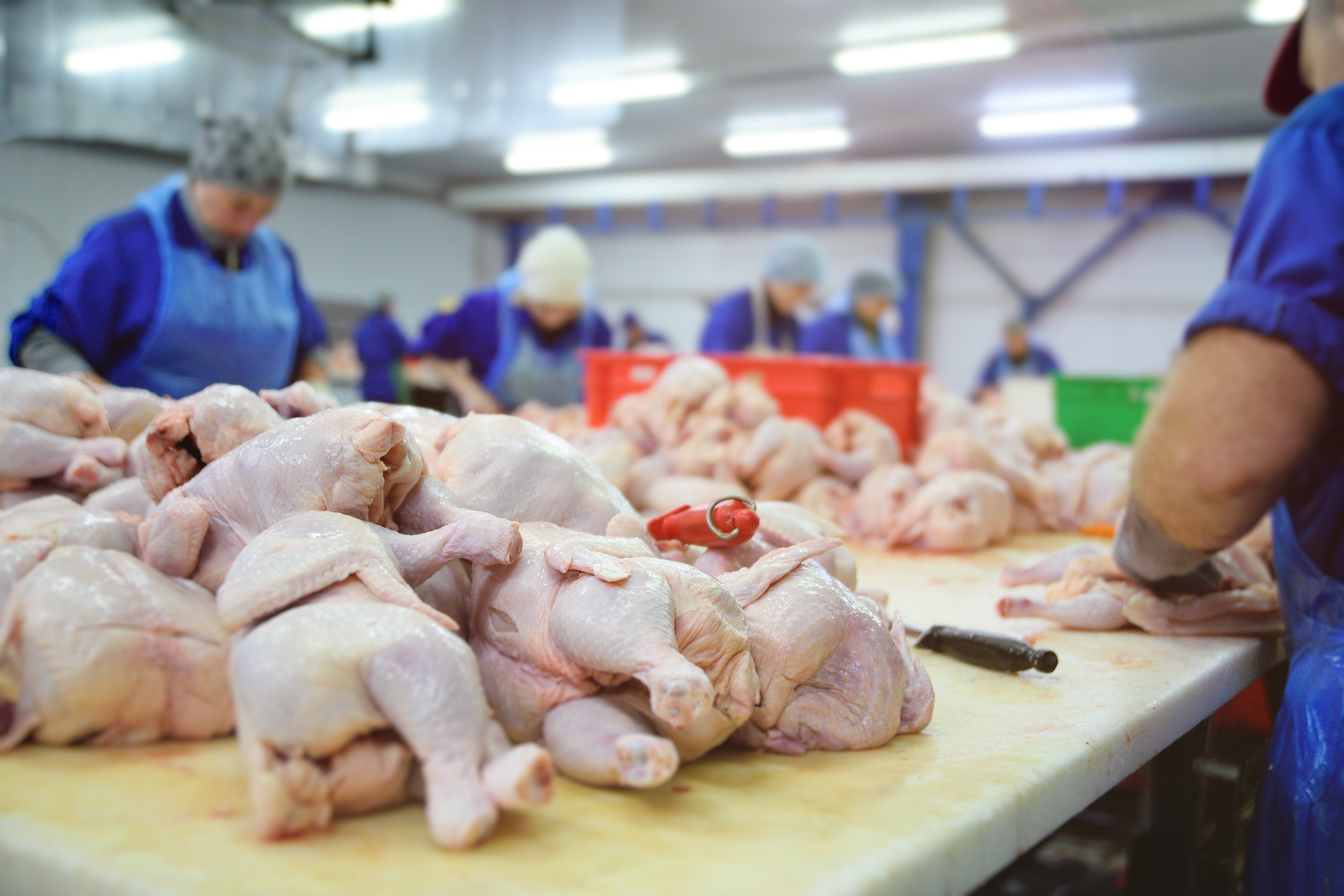



BRF faces difficult salary talks with workers in pandemic-hit site in Brazil
A meat plant workers’ union operating in a BRF SA plant in southern Brazil hopes to reach an agreement with management over salaries after negotiations stalled last week.Reuters reports that according to a union representative, the fruitless talks culminated in the partial halting of production on 2 October.
Jenir de Paula, president of the Sitracarnes union, said BRF proposed a 1 percent pay raise that was unacceptable for the roughly 5,700 workers at the plant in Chapecó, where BRF processes turkey and chicken. They are seeking a 10 percent annual salary rise.

A new round of talks will take place on Thursday 8 October and if no agreement is reached, workers could opt for a strike when they vote on BRF's new proposal on Friday 9 October, he said.
BRF said the temporary interruption of part of the turkey production was done by a small group of workers and lacked "legal basis."
The salary talks are the latest headache for the world's largest chicken exporter, which had a challenging second quarter amid the COVID-19 pandemic that disrupted production, sparked export bans and raised costs.
Annual salary talks had been slated for June, but the COVID-19 pandemic delayed them, De Paula said. BRF has been testing employees for coronavirus routinely and some 1,500 were known to have caught it at Chapecó, he added.
On 2 October, workers halted certain turkey lines in protest over the protracted salary talks, De Paula and a source close to the workers said. Following the action, they said some 60 employees were suspended on Monday 5 October, a day when BRF requested the presence of police inside the plant at the start of the morning shift.
"There's accumulated tension," the source said on condition of anonymity.
BRF said production was quickly restored, denying that the Friday action was related to the pay talks.
De Paula said workers would be disgruntled if BRF decided to fire the suspended colleagues, as some suspect it will, adding the union would try to persuade the firm to do otherwise as it presses on for better wages.










